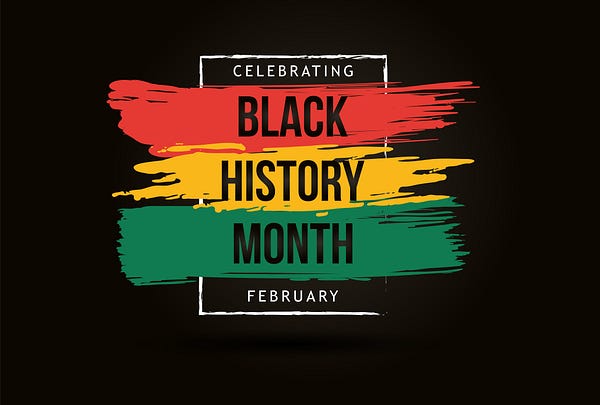Engaging with honest history
How organizations should celebrate Black History Month
February 18th, 2022 | School for International Training

By Alexis Floyd and Tim Rivera
February is Black History Month, a time when many organizations write about notable Black figures in history and events from the past, especially those that may be most relevant to their work. But since history continues to be a contested subject across the world, organizations today must deliberately highlight stories, individuals, and topics beyond traditional narratives.
For organizations to show they believe in the importance of empowering Black identities and ensuring their own colleagues and teams feel fully included within the organization, it is essential they engage honestly with the history of Black people or any historically marginalized group.
One important way to celebrate Black History Month is by fostering open and frank learning opportunities about a broad range of Black culture, topics, achievements, and history.
Black History Month is an opportunity to go beyond stories of racism and slavery. It is a chance to cultivate our individual knowledge of the experiences and intersectional identities of the Afro-diaspora, recognizing Black progress, journeys, and futures — all of which are, by their very definition, transnational and global. Black political and civil rights leaders, artists, and authors have all sought inspiration from and have been influenced by their peers and experiences from other parts of the world.
For example, James Baldwin left the United States in the 1940s for France where, as a young gay Black man, he felt greater racial and sexual liberation to write. Nelson Mandela’s fight against apartheid and Patrice Lumumba’s leadership of the Congolese National Movement were sources of inspiration for generations of American civil rights leaders. And one can see a common thread from the stories of Zora Neale Hurston to Toni Morrison to Chimamanda Ngozi Adichie.
Black History Month is an opportunity to elevate unsung stories of Black achievements and their global impact to new audiences that are perhaps unaware.
We believe it is important for organizations to not just engage with these personalities and narratives, but also create opportunities to analyze and unpack them. By featuring a range of stories, perspectives, and information during Black History Month — along with forums for colleagues to have open and honest discussions — organizations can best show their commitment to raise Black voices, celebrate progress, acknowledge shortcomings, and reaffirm their own values.
World Learning and School for International Training programs are founded on the values of social inclusion and justice. By engaging with an honest history of Black people — in America and around the world — during Black History Month, we can strengthen our own learning as well as our commitment to social inclusion and justice. We can also ensure our Black employees, students, and participants feel fully included in the World Learning community.
World Learning is hosting speakers, film screenings, and discussion forums to celebrate an honest history during Black History Month. To learn more, email [email protected].
Lewis Ricardo Gordon, a philosopher and leading scholar in black existentialism, will be speaking to the World Learning community on March 9. This event is open to the public. To register, click here.
Alexis Floyd is a program associate at World Learning and a co-chair of the DEI Committee. Tim Rivera is the DEI program manager at World Learning.
